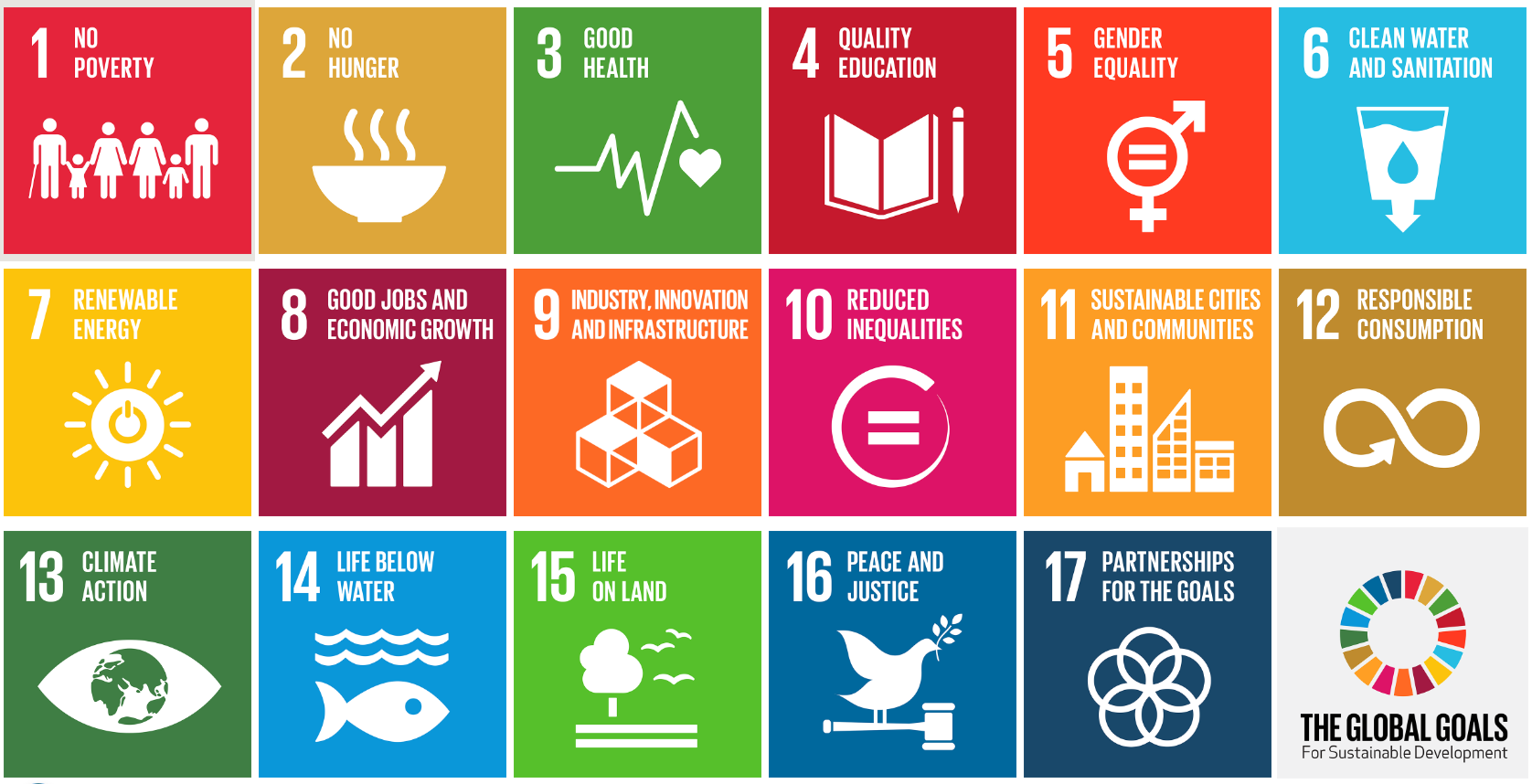
ESG报告翻译参考之SDG 12: RESPONSIBLE CONSUMPTION AND PRODUCTION
SDG 12: RESPONSIBLE CONSUMPTION AND PRODUCTION
可持续发展目标12:负责任消费和生产
ENSURE SUSTAINABLE CONSUMPTION AND PRODUCTION PATTERNS.
确保可持续的消费和生产模式。
Our planet has provided us with an abundance of natural resources.But we have not utilized them responsibly and currently consume far beyond what our planet can provide. We must learn how to use and produce in sustainable ways that will reverse the harm that we have inflicted on the planet.
我们的地球为我们提供了丰富的自然资源。但我们并没有负责任地利用这些资源,目前的消费量远远超出了我们的地球所能承受的范围。我们必须学会如何以可持续的方式使用和生产,以扭转我们对地球造成的伤害。
THE TARGETS
目标
Everyone can help to make sure that we meet the Global Goals. Use these eleven targets to create action for responsible consumption and production.
每个人都可以帮助我们实现全球目标。利用以下十一个目标来促成负责任的消费和生产。
TARGET 12.1 IMPLEMENT THE 10-YEAR SUSTAINABLE CONSUMPTION AND PRODUCTION FRAMEWORK
Implement the 10‑Year Framework of Programmes on Sustainable Consumption and Production Patterns, all countries taking action, with developed countries taking the lead, taking into account the development and capabilities of developing countries.
目标12.1 实施为期10年的可持续消费和生产框架
各国都应采取措施实施可持续消费和生产模式的十年框架计划,发达国家应该带头行动,同时考虑到发展中国家的发展水平和能力。
TARGET 12.2 SUSTAINABLE MANAGEMENT AND USE OF NATURAL RESOURCES
By 2030, achieve the sustainable management and efficient use of natural resources.
目标12.2 可持续管理和利用自然资源
到2030年,实现自然资源的可持续管理和高效利用。
TARGET 12.3 HALVE GLOBAL PER CAPITA FOOD WASTE
By 2030, halve per capita global food waste at the retail and consumer levels and reduce food losses along production and supply chains, including post-harvest losses.
目标12.3 全球人均粮食浪费减半
到2030年,将全球人均粮食在零售和消费者层面的浪费减半,并减少生产和供应链中的粮食损失,包括收获后的损失。
TARGET 12.4 RESPONSIBLE MANAGEMENT OF CHEMICALS AND WASTE
By 2020, achieve the environmentally sound management of chemicals and all wastes throughout their life cycle, in accordance with agreed international frameworks, and significantly reduce their release to air, water and soil in order to minimize their adverse impacts on human health and the environment.
目标12.4 负责任地管理化学品和废物
到2020年,实现化学品及其废弃物在整个生命周期内的环境友好管理,遵守国际框架协议,显著减少其对空气、水和土壤的排放,以尽量减少对人类健康和环境的不利影响。
TARGET 12.5 SUBSTANTIALLY REDUCE WASTE GENERATION
By 2030, substantially reduce waste generation through prevention, reduction, recycling and reuse.
目标12.5 大幅减少废弃物产生
到2030年,通过预防、减少、回收和再利用,大幅减少废物产生。
TARGET 12.6 ENCOURAGE COMPANIES TO ADOPT SUSTAINABLE PRACTICES AND SUSTAINABILITY REPORTING
Encourage companies, especially large and transnational companies, to adopt sustainable practices and to integrate sustainability information into their reporting cycle.
目标12.6 鼓励企业采用可持续实践和可持续性报告
鼓励企业,特别是大型跨国公司,采用可持续实践,并将可持续性信息整合到其报告周期中。
TARGET 12.7 PROMOTE SUSTAINABLE PUBLIC PROCUREMENT PRACTICES
Promote public procurement practices that are sustainable, in accordance with national policies and priorities.
目标12.7 促进可持续的公共采购实践
根据国家政策和重点,促进可持续的公共采购实践。
TARGET 12.8 PROMOTE UNIVERSAL UNDERSTANDING OF SUSTAINABLE LIFESTYLES
By 2030, ensure that people everywhere have the relevant information and awareness for sustainable development and lifestyles in harmony with nature.
目标12.8 促进对可持续生活方式的普遍理解
到2030年,确保全球人们对可持续发展和与自然和谐生活方式的相关信息和意识。
TARGET 12.9 SUPPORT DEVELOPING COUNTRIES’ SCIENTIFIC AND TECHNOLOGICAL CAPACITY FOR SUSTAINABLE CONSUMPTION AND PRODUCTION
Support developing countries to strengthen their scientific and technological capacity to move towards more sustainable patterns of consumption and production.
目标12.9 支持发展中国家可持续消费和生产的科学技术能力
支持发展中国家加强其科学技术能力,朝着更可持续的消费和生产模式发展。
TARGET 12.A DEVELOP AND IMPLEMENT TOOLS TO MONITOR SUSTAINABLE TOURISM
Develop and implement tools to monitor sustainable development impacts for sustainable tourism that creates jobs and promotes local culture and products.
目标12.A 开发和实施监测可持续旅游的工具
开发和实施监测可持续旅游对可持续发展影响的工具,创造就业机会,促进当地文化和产品。
TARGET 12.B REMOVE MARKET DISTORTIONS THAT ENCOURAGE WASTEFUL CONSUMPTION
Rationalize inefficient fossil-fuel subsidies that encourage wasteful consumption by removing market distortions, in accordance with national circumstances, including by restructuring taxation and phasing out those harmful subsidies, where they exist, to reflect their environmental impacts, taking fully into account the specific needs and conditions of developing countries and minimizing the possible adverse impacts on their development in a manner that protects the poor and the affected communities.
目标12.B 消除鼓励浪费性消费的市场扭曲
根据各国国情,重构税收和逐步淘汰那些有害补贴,理性化低效化石燃料补贴,以消除市场扭曲,最大限度减少对发展中国家发展可能产生的不利影响,同时保护贫困人口和受影响的社区。
英文来源
https://www.globalgoals.org/goals/12-responsible-consumption-and-production/



